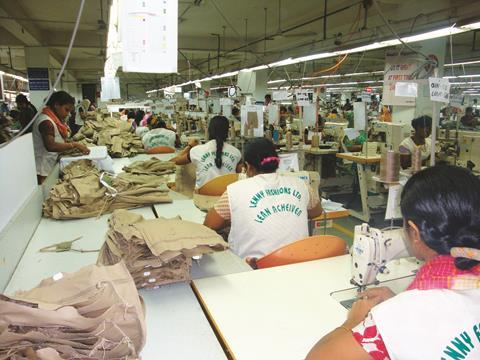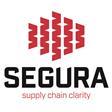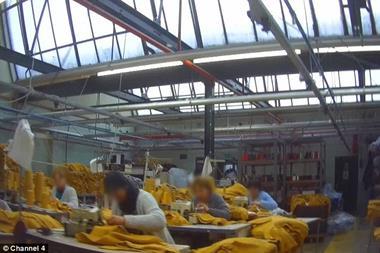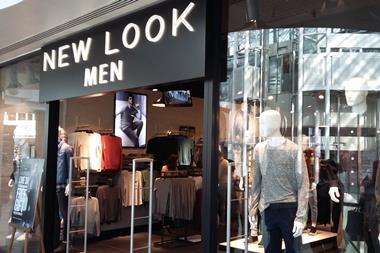What questions should retailers be asking to ensure they meet the requirements of the Modern Slavery Act? Segura outlines all you need to know.
Recent announcements by the UK government have made it clear that it will no longer accept big brands turning a blind eye or pleading ignorance when it comes to the issue of modern slavery.
While it is hard to pinpoint an exact figure, research has shown that somewhere between 21 million and 36 million people are currently suffering at the hands of unfair, inhumane working conditions worldwide. In the face of such a staggering figure, it is unsurprising that our new Prime Minister Theresa May has announced a funding boost of £33m and the formation of a new task force including British intelligence agencies to tackle the issue.
Research has shown that somewhere between 21 million and 36 million people are currently suffering at the hands of unfair, inhumane working conditions worldwide
The UK isn’t the only country cracking down on the use of modern slavery. The US government earlier this year implemented new measures that allow port authorities to seize any shipment of goods that they believe has been produced by slave labour. And this can mean something as small as a button on a shirt; if it’s been touched by the hands of slave labour, the government has the legal right to stop the import of the goods.
This strongly reflects the changing attitude towards the issue of modern slavery. It is no longer purely a matter of maintaining brand reputation. The seizure of goods brings with it physical and financial disruption, which reaches beyond consumers’ attitudes and buying habits.

Looking more closely at the impact of the Modern Slavery Act, early analysis of company reports has shown that most have failed to meet the requirements of the Act, and lack necessary information to ensure they are adhering to the legislation. Of the 75 company statements submitted as of August 2016, only 22 met the minimum legal requirement.
It seems that some companies may not be aware of the full implications of the Act. So how exactly will the legislation affect business as a whole? And ultimately, what questions should you be asking to ensure you are on the right side of the law?
Know what your statement needs to include
The UK government has outlined a comprehensive set of guidelines for companies to follow when compiling annual statements to address the Modern Slavery Act. The number one requirement is that the statement must detail each and every step the company has taken to prevent modern slavery from taking root in its supply chain.
While the government has shied away from being wholly prescriptive about structure or content, there are a number of areas that do need to be covered. These include:
- The structure of the company itself, as well as the supply chains
- Specific policies currently in place to address modern slavery and their effectiveness
- Any risks that may already be identified around modern slavery
- How these risks will be managed
- How the company intends to train and educate staff around the issue of modern slavery.
Understand the legal requirements
To adhere to the requirements, companies must ensure that their statement is:
- Published on the company website with a prominent link on the homepage
- Provided within 30 days following a request to view it, if the company does not have a website
- Approved by the board and signed by a company director.
Companies need to look at each supplier and their code of conduct, tender requirements and contracts, to determine whether or not they meet the new standards
Companies also need to look at each supplier and their code of conduct, tender requirements and contracts, to determine whether or not they meet the new standards imposed by the Modern Slavery Act. The best way to do this is to undertake an assessment of the level of risk within your supply chain, particularly highlighting the areas that need to be more transparent.
Be aware of the consequences
It’s important to remember that the statement can be enforced by the Secretary of State through civil proceedings. Should a company not meet the requirements of the Act, it risks a very public shaming. And the resulting reputational damage is sure to see a dip in profits.

But more than this, employees who are responsible for compliance face up to five years’ imprisonment or an unlimited fine. And if you’re found guilty of an actual modern-day slavery offence, you may be risking a sentence of life in prison. Clearly, the consequences are enormous, both for business and individuals alike.
The ethical reasons for compliance with the Modern Slavery Act are evident and compelling. As governments worldwide continue to take the issue of corporate responsibility more seriously, however, these are no longer the only reasons. Make sure that you have the processes in place to ensure that your organisation can see what’s happening all along the supply chain.
That way you’ll be protected not only from the potentially devastating reputational damage and lost sales that can be brought about by the discovery of a rogue supplier further down the chain, but from the severe financial penalties that will soon be on their way.
Kosten Metreweli, chief marketing officer, Segura

Find out more about the impact of the Modern Slavery Act on your brand in this Segura white paper, or register here for a free poster showing the global impact of Modern Slavery.





























No comments yet